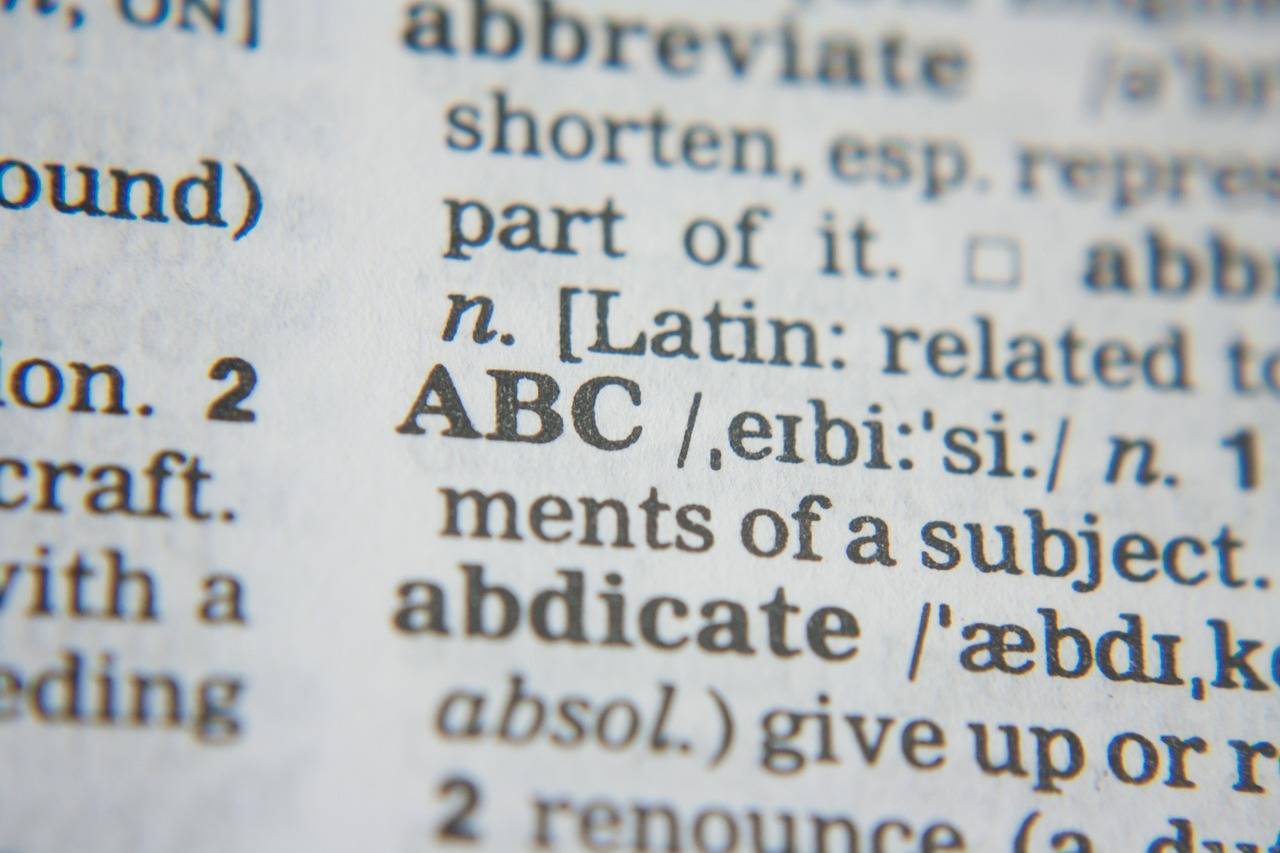How to Implement AI in Personalized Learning Pathways
world7, mahadev book login, silverexch: Personalized learning pathways have become increasingly popular in education, offering customized learning experiences that cater to individual strengths and weaknesses. When it comes to implementing artificial intelligence (AI) in personalized learning pathways, there are several key strategies to consider. In this article, we will explore how to effectively incorporate AI into personalized learning to enhance student outcomes.
Understanding AI in Education
AI has the potential to revolutionize the education sector by providing personalized recommendations, feedback, and assessments to individual students. By leveraging AI technologies, educators can create adaptive learning experiences that meet the unique needs of each student. From intelligent tutoring systems to data-driven insights, AI can play a crucial role in enhancing the effectiveness of personalized learning pathways.
Choosing the Right AI Tools
When implementing AI in personalized learning pathways, it is essential to choose the right tools and technologies that align with your educational goals. Look for AI-powered platforms that offer adaptive learning capabilities, predictive analytics, and personalized recommendations. These tools can help educators tailor learning experiences to meet the specific needs of each student, leading to improved engagement and academic performance.
Collecting and Analyzing Data
One of the key benefits of AI in personalized learning is its ability to collect and analyze vast amounts of data on student progress and performance. By leveraging AI algorithms, educators can gain valuable insights into student learning patterns, preferences, and areas for improvement. This data-driven approach allows for more informed decision-making and targeted interventions to support student success.
Creating Adaptive Learning Experiences
AI can help create adaptive learning experiences that adjust in real-time based on student responses and performance. By analyzing student interactions with the learning materials, AI algorithms can provide personalized feedback, recommendations, and support to guide students through their individual learning paths. This adaptive approach ensures that students receive the right level of challenge and support to maximize their learning outcomes.
Implementing AI-Fueled Assessments
AI-powered assessments can provide a more comprehensive and accurate measure of student learning outcomes. By analyzing student responses to quizzes, assignments, and exams, AI algorithms can generate insights into student mastery of key concepts and skills. Educators can use this data to tailor their instructional strategies, provide targeted feedback, and identify areas where students may need additional support.
Embracing Continuous Improvement
As with any technology implementation, it is essential to embrace a culture of continuous improvement when integrating AI into personalized learning pathways. Monitor student progress, gather feedback from educators and students, and use data analytics to evaluate the effectiveness of AI-driven interventions. By iteratively refining your approach, you can maximize the impact of AI in personalized learning and create more engaging and effective learning experiences for students.
FAQs
Q: How can AI enhance personalized learning pathways?
A: AI can provide personalized recommendations, adaptive learning experiences, data-driven insights, and adaptive assessments to support individual student needs and improve learning outcomes.
Q: What tools and technologies should educators consider when implementing AI in personalized learning?
A: Educators should look for AI-powered platforms that offer adaptive learning capabilities, predictive analytics, and personalized recommendations to enhance the effectiveness of personalized learning pathways.
Q: How can educators use AI to improve student engagement and academic performance?
A: By leveraging AI algorithms to analyze student data and interactions with learning materials, educators can create adaptive learning experiences, provide personalized feedback, and identify areas for improvement to support student success.
In conclusion, AI has the potential to transform personalized learning pathways by providing tailored learning experiences, adaptive assessments, and data-driven insights to support student success. By choosing the right tools, collecting and analyzing data, creating adaptive learning experiences, implementing AI-fueled assessments, and embracing continuous improvement, educators can maximize the impact of AI in personalized learning and create more engaging and effective learning experiences for students.







